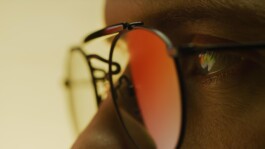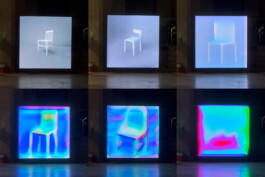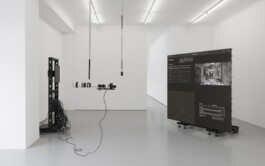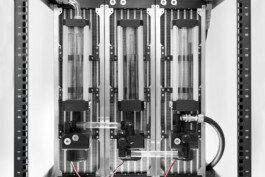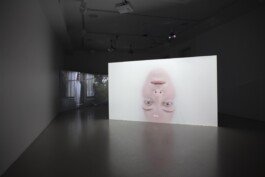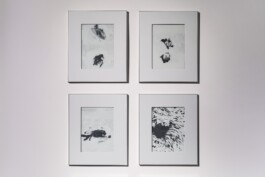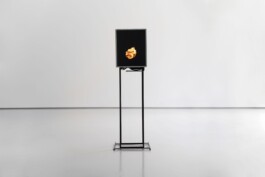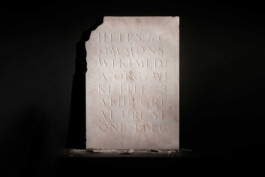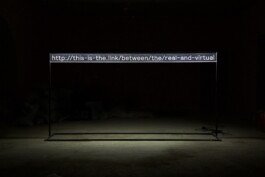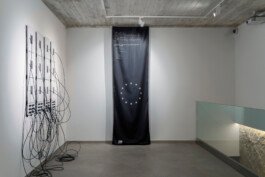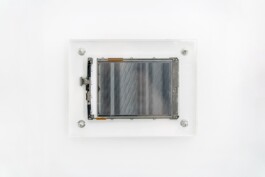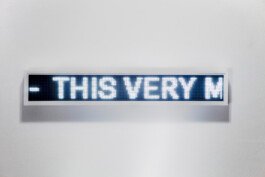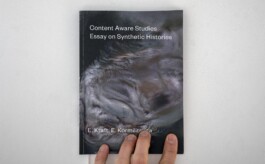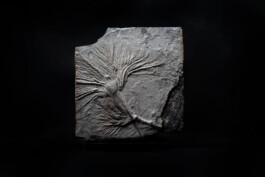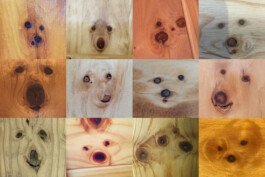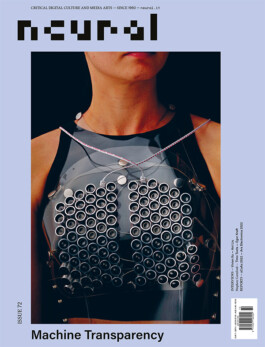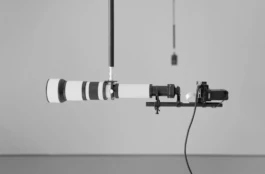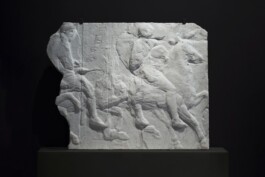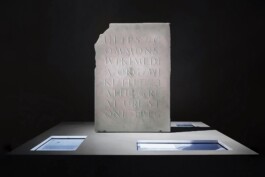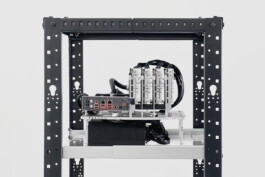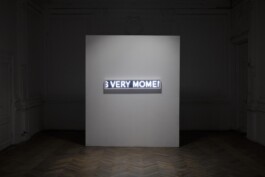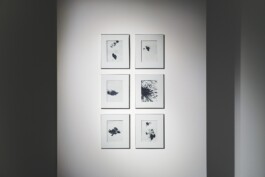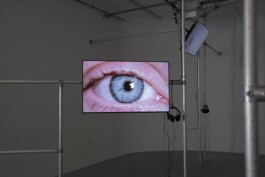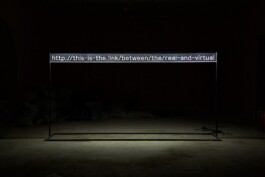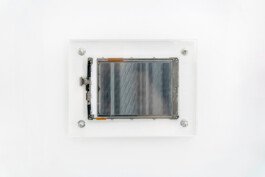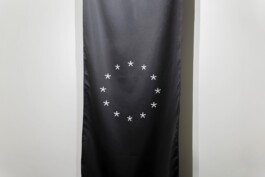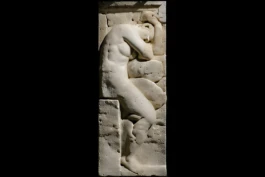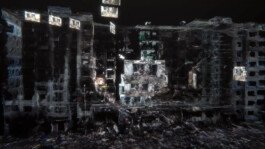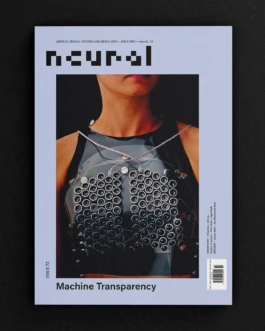University of Art & Design Linz
Linz, AUT, 2023
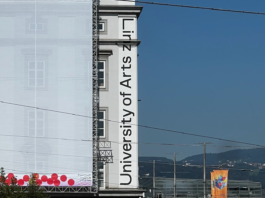
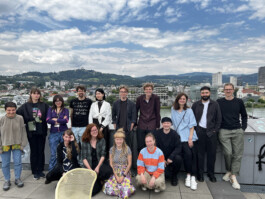
Institution: Kunstuniversität Linz, Austria
Department: Institut für Medien & Visuelle Kommunikation
Course Title: Art and Image Production in the Context of AI
Duration: 2023-2024
Event Type: Lecture & Seminar Course
Course Leader: Egor Kraft
Organizer: Department of Visual Communication, Kunstuniversität Linz
Venue: Linz, Austria
Art and Image Production in the Context of AI
Kunstuniversität Linz, Institut für Medien & Visuelle Kommunikation
Led by Egor Kraft, this course explores the intersection of contemporary art, AI, and speculative design. Students engage with AI, Web3, and mixed reality technologies both critically and creatively, investigating AI as a tool, a cognitive infrastructure, and a new medium for artistic expression. Through lectures, workshops, and project-based research, the course examines algorithmic cognition, networked systems, and synthetic knowledge production, preparing students to navigate and shape the evolving landscape of technology-driven art and design.
University of Art & Design Linz
Linz, AUT, 2023

Institution: Kunstuniversität Linz, Austria
Department: Institut für Medien & Visuelle Kommunikation
Course Title: Art and Image Production in the Context of AI
Duration: 2023-2024
Event Type: Lecture & Seminar Course
Course Leader: Egor Kraft
Organizer: Department of Visual Communication, Kunstuniversität Linz
Venue: Linz, Austria
Art and Image Production in the Context of AI
Kunstuniversität Linz, Institut für Medien & Visuelle Kommunikation
Led by Egor Kraft, this course explores the intersection of contemporary art, AI, and speculative design. Students engage with AI, Web3, and mixed reality technologies both critically and creatively, investigating AI as a tool, a cognitive infrastructure, and a new medium for artistic expression. Through lectures, workshops, and project-based research, the course examines algorithmic cognition, networked systems, and synthetic knowledge production, preparing students to navigate and shape the evolving landscape of technology-driven art and design.

Studio Addresses
Ikejiri, Setagaya, Tokyo, Japan
Neubau, Vienna, Austria
Studio
E. G. Kraft – artist-researcher, founder
Anna Kraft – researcher, director
Contact:
mail[at]kraft.studio
Studio Addresses
Ikejiri, Setagaya, Tokyo, Japan
Neubau, Vienna, Austria
Contact
mail[at]kraft.studio
Studio
E. G. Kraft – artist-researcher, founder
Anna Kraft – researcher, director

